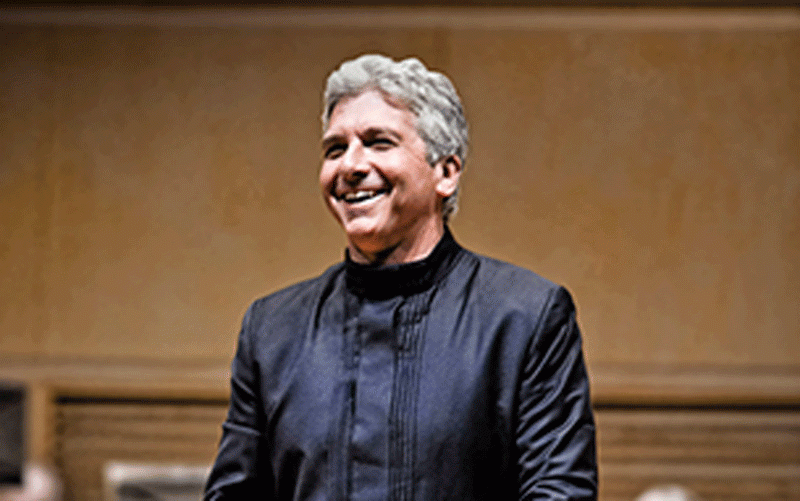
School of sport with TIM MIDDLETON
WHEN we advertise for a vacancy in our work place we invite interested parties to submit an application letter and their CV; however we do not employ someone purely based on their CV and letter. We want to know more about them so we will invite certain candidates for an interview. We want to see who this person is behind the CV; we want to see if this person can fit in to our company’s philosophy and ethos; we want to learn how this person thinks and what makes this person tick. We want to see how she behaves in situations, how she responds to questions, how she reacts to challenges. It is the human element we are seeking to uncover.
There is an easier, and indeed much more enjoyable, way to achieve all this, though; we just need to play a round of golf with the prospective candidate. After all, every professional person should play golf! We can be in that person’s company for a minimum of three hours, without having to have any potentially threatening eye contact, and find out a great deal about them. How does this person handle disappointment and success? Does he try too hard? Does he remain casual and aloof? Does he show interest and understanding? Does he relax in between the pressure of shots? Does he show respect to the opponent and to the sport? Does he gloat and boast or sulk and blame others? How does he react to a bad bounce and to a dreadful shot? How does he treat his caddy?
We could go on, but the point is perhaps made. It is a point that the celebrated American college basketball coach, John Wooden, perhaps made when he once said, “Sport does not develop character — it reveals it”. This writer played hockey with an extremely intelligent, articulate, thoughtful, successful, generous, fun-loving advocate who became an entirely different person on the pitch though. As soon as the first whistle went he was complaining to and swearing at the umpire; he was intimidating the opposition; he was shouting at his team-mates; he was stretching the rules to the limit; he was demanding the ball (though, on reflection, perhaps all of the above is what he did as a lawyer in his day job, just with a little less etiquette)!
We find out what people are really like through sport, whether on the field itself or in fact in the stands — their character comes through and is affected by sport. John Luther once said, “Good character is more to be praised than outstanding talent. Most talents are to some extent a gift. Good character, by contrast, is not given to us. We have to build it piece by piece by thought, choice, courage and determination.” He would be saying, with regard to sport, that character will be built through conscious and deliberate thought, not through the emotions and moods that are triggered by events on the sports field; through choice, based on consistent principles and values; through courage, looking at problems in the eye and staring them down; and through determination, picking ourselves up after disappointment and trying again. All that can be achieved and learned through sport. At the end of the day (or the match) character is what counts more than talent.
We cannot pretend on a sports field. Interestingly, Manchester United’s ground is gloriously entitled The Theatre of Dreams, but the theatre is all about pretending, about acting; it is all a show, put on. Dreams are all in the mind and usually ridiculously unlike life. Such is not sport, however; sport is for real and shows what people are really like. We cannot pretend on a sports field; and even if we try (like certain soccer players), people will know we pretend in all life. The sports field is an extension of our life. We cannot do things on the sports field that we cannot do on the streets; if we take a swipe at someone on the rugby pitch we are more than likely to hit someone in a bar. So sport will reveal what we are like and it will make us who we are.
Helen Keller, the celebrated author and activist who was blind and deaf before she was two years old and who, therefore, understood a thing or two about adversity, argued that, “Character cannot be developed in ease and quiet. Only through experience of trial and suffering can the soul be strengthened, vision cleared, ambition inspired, and success achieved.” That is what we want for our children, to enable their character to be developed. That is why our youngsters need to play sport, competitive sport, team sport — and indeed why they need to learn to lose. So, if we want our child to get a job, then we must make sure he knows how to play golf!
Tim Middleton is a former international hockey player and headmaster, currently serving as the Executive Director of the Association of Trust Schools (ATS) Email: [email protected]











